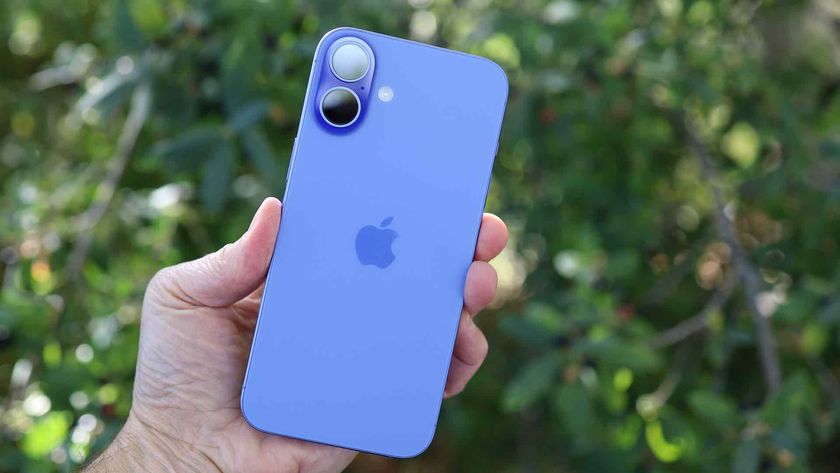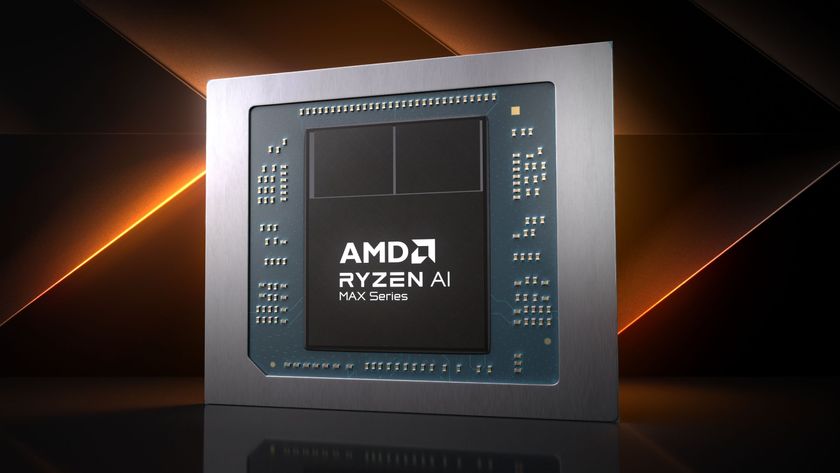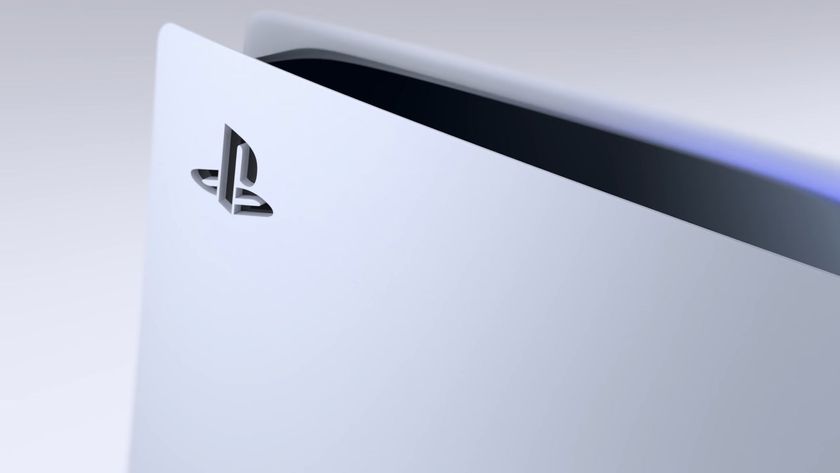iPhone 14 might be weaker than expected - here's why
Blame the Mac
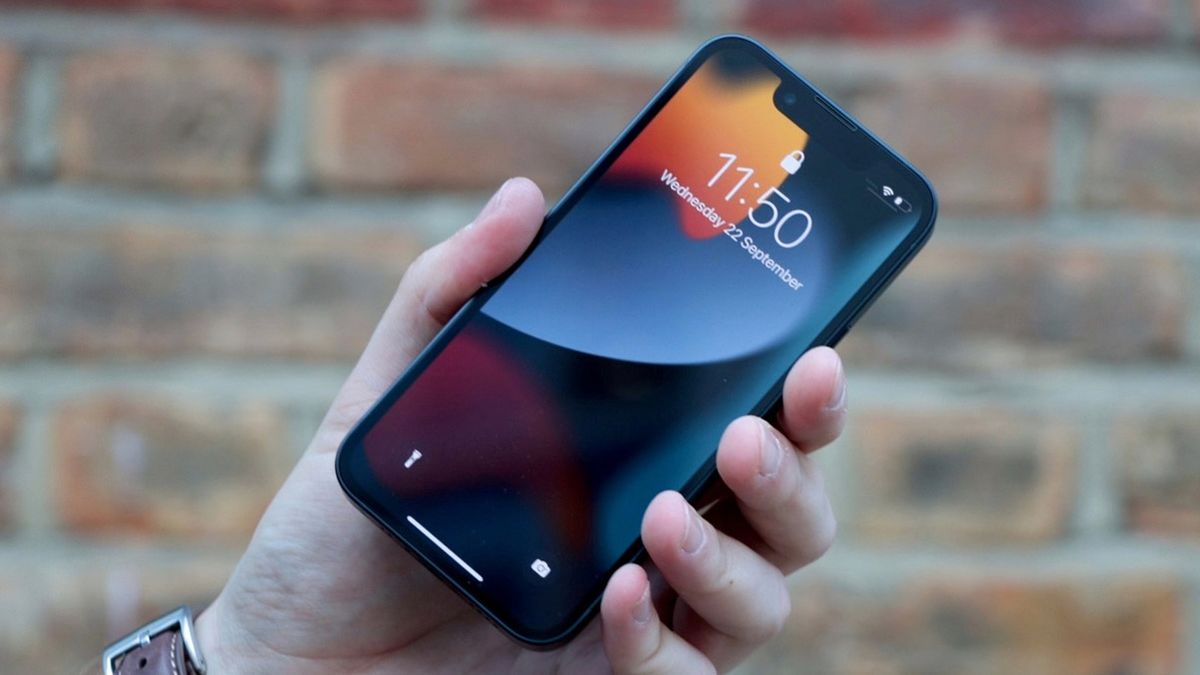
If you’re up to date on iPhone news, then you’ll have heard the rumor that the iPhone 14 and iPhone 14 Max will use the same A15 Bionic chipset as the iPhone 13 line. This would be very unusual for Apple, but we now have an idea of why this might be happening.
According to Mark Gurman – a journalist and leaker with a good track record for Apple information – in his Bloomberg newsletter, Apple is so focused on developing Mac chips that its iPhone chips have had to take a back seat.
Gurman points out that Apple has launched five main types of Mac chips in the last 18 months and claims that the company has at least four more planned for the next year or so.
Developing that many chipsets that fast is a colossal amount of work, and so Apple has apparently had to move many of its development resources to these chipsets – which include the M1, the M1 Ultra, the M2, and others.
Gurman doesn’t outright say that this has led to Apple using the A15 Bionic two years in a row, but he strongly suggests that this Mac focus is a big factor, with there simply not being enough resources to focus strongly on other chipsets too.
Apple’s current focus would also explain why the company has put the M1 chipset in the iPad Pro 2021 and iPad Air (2022), since it would mean one less chip to be developed, and why the company is reportedly using a similar chipset in the Apple Watch 8 as the Apple Watch 7.
Gurman notes that this Mac focus probably isn’t the only issue, with a reliance on other companies (most notably TSMC) and rising costs caused by the global chipset shortage likely being factors too. But it seems likely that Apple’s renewed interest in the Mac is playing a major role.
Get daily insight, inspiration and deals in your inbox
Sign up for breaking news, reviews, opinion, top tech deals, and more.
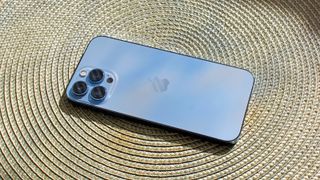
Analysis: an odd strategy but not a big problem
This focus on the Mac is curious, because while Apple’s computers arguably needed a push in popularity, as Gurman points out, 60% of Apple’s revenues come from devices that don’t run the M1 and M2 lines of chips that Apple is currently focused on. So neglecting these devices seems an odd choice.
Gurman also suggests that Apple’s chip department is getting spread too thin, with reports of employee burnout and higher than normal attrition, suggesting that the company’s strategy may not be sustainable.
Still, for now it’s unlikely to be a big problem for buyers – or for Apple’s coffers – as the current iPhone and Apple Watch chipsets are already extremely powerful. In fact, there’s a fair chance that last year’s A15 Bionic will still have next year’s Android chipsets beat.
Plus, according to reports Apple isn’t totally neglecting the iPhone – there is thought to be a new A16 Bionic chipset in development (albeit one which may not be enormously more powerful than the A15 Bionic). But this is said to only be coming to the iPhone 14 Pro and iPhone 14 Pro Max.
So to get a power upgrade you might have to spend big and purchase one of the very best iPhones. And it sounds like the iPhone isn't the only upcoming Apple product without many expected changes, as the Apple Watch 8 could have limited upgrades too.
James is a freelance phones, tablets and wearables writer and sub-editor at TechRadar. He has a love for everything ‘smart’, from watches to lights, and can often be found arguing with AI assistants or drowning in the latest apps. James also contributes to 3G.co.uk, 4G.co.uk and 5G.co.uk and has written for T3, Digital Camera World, Clarity Media and others, with work on the web, in print and on TV.
